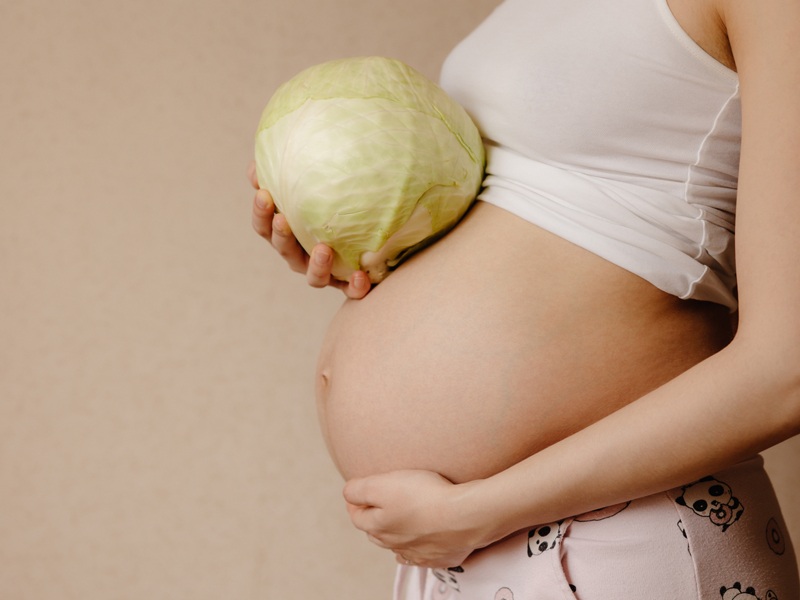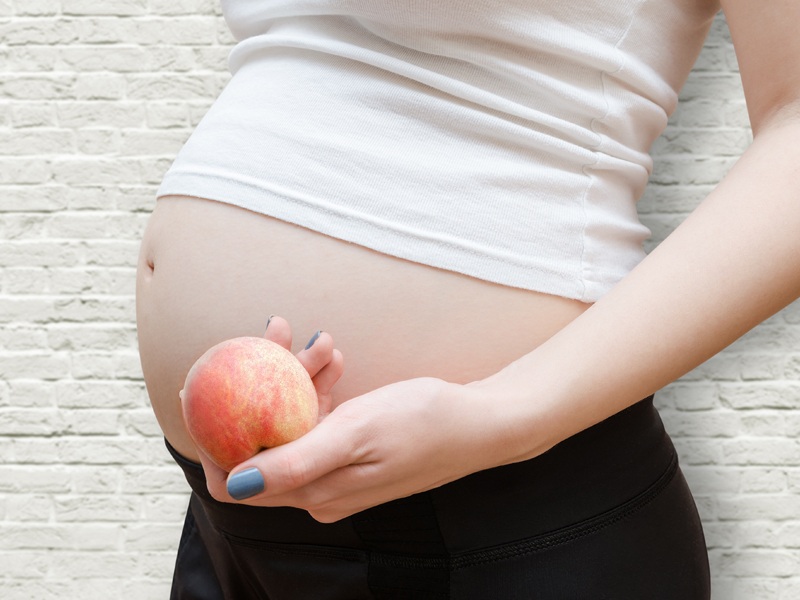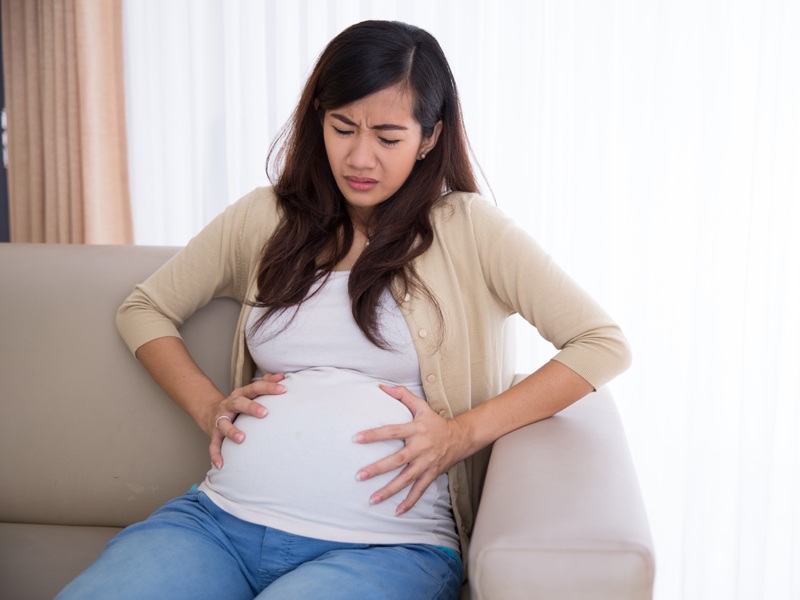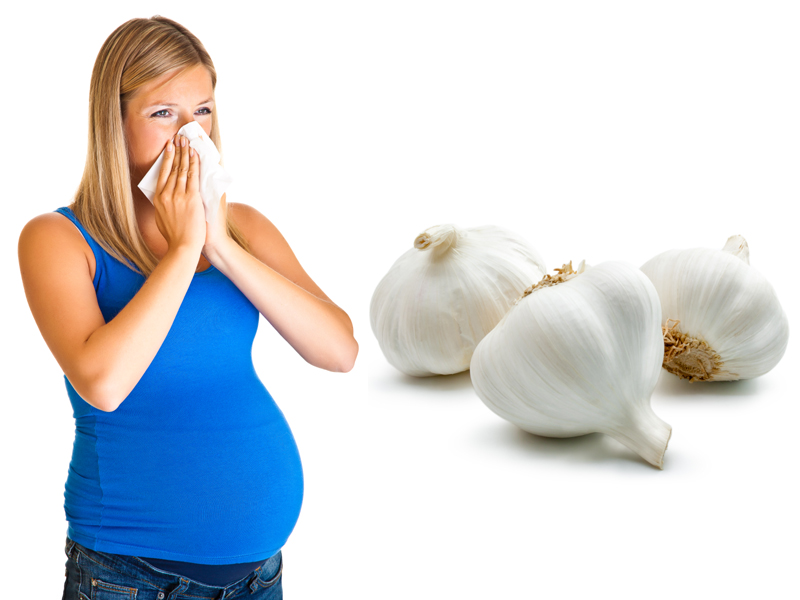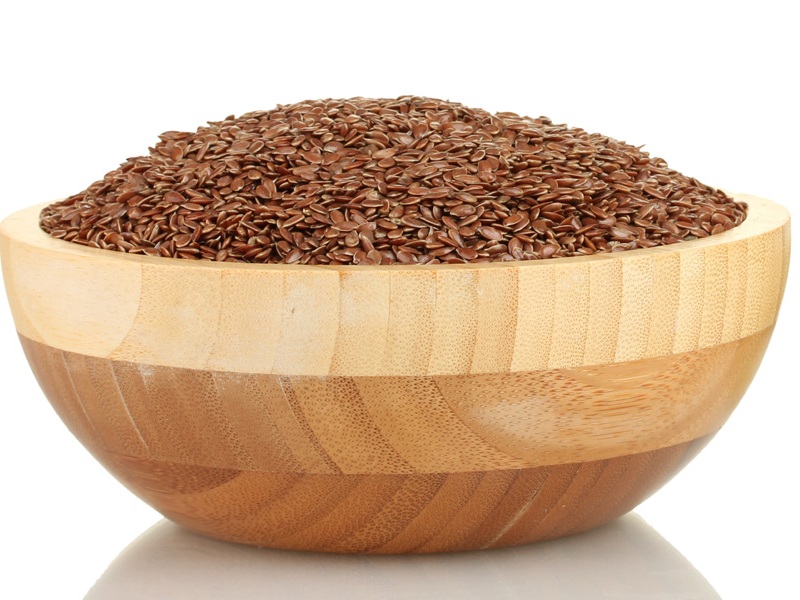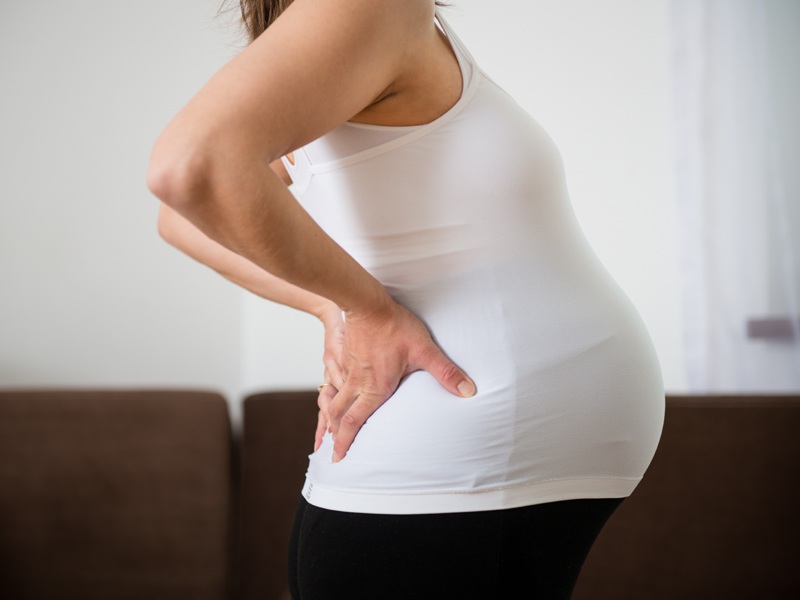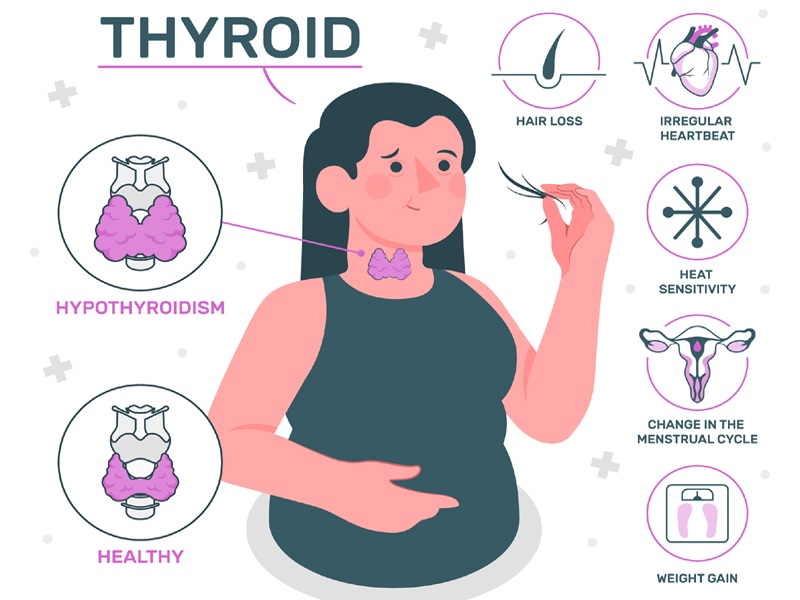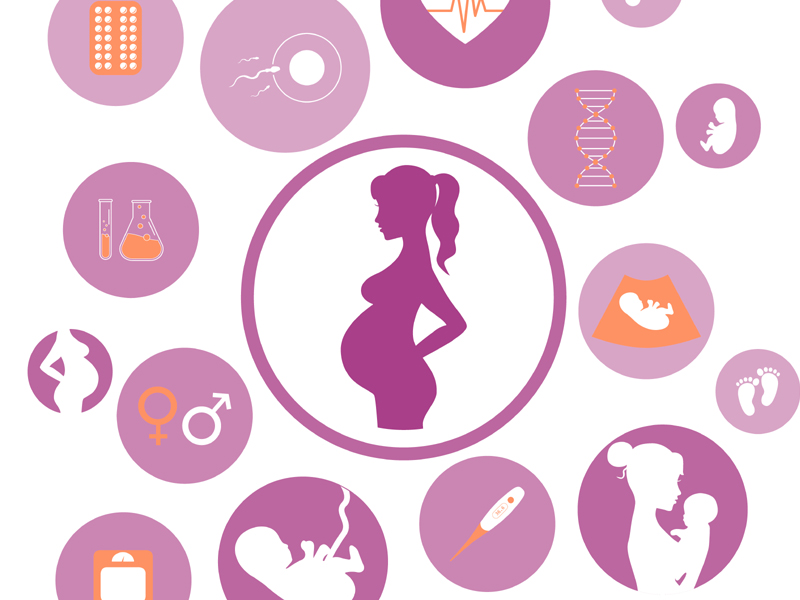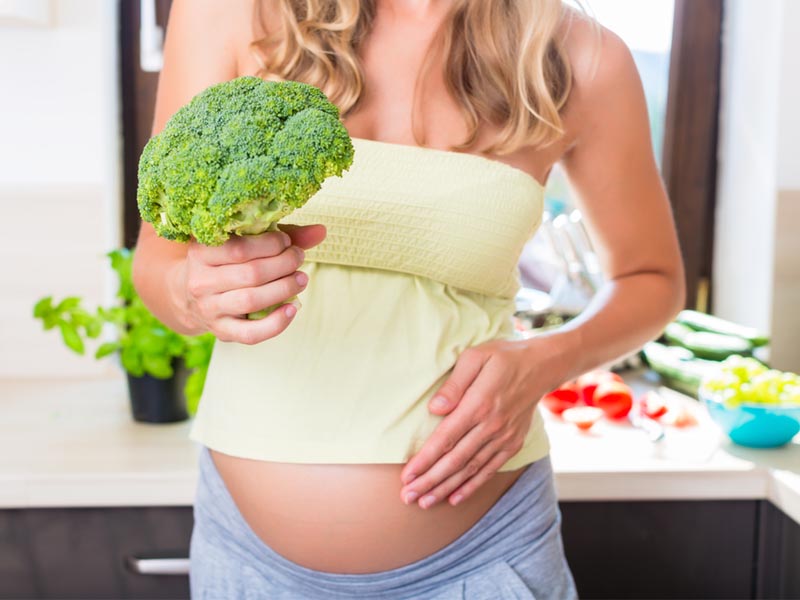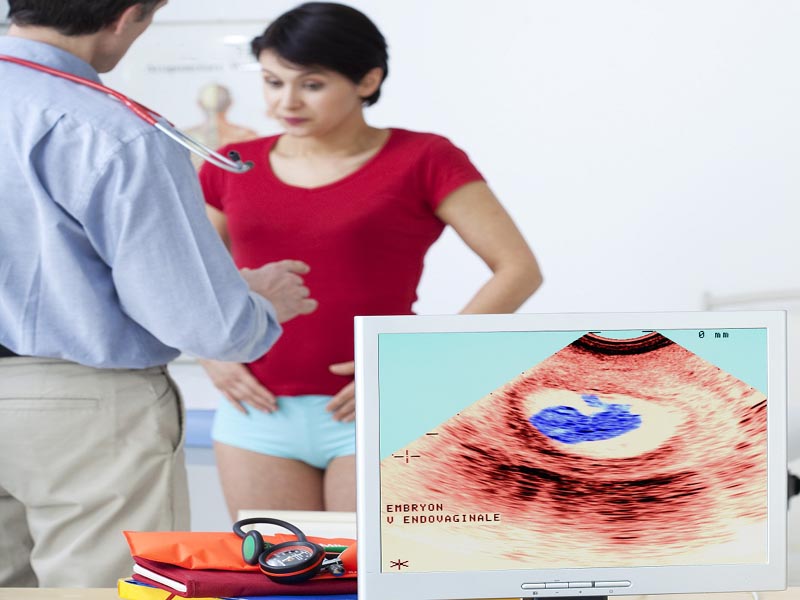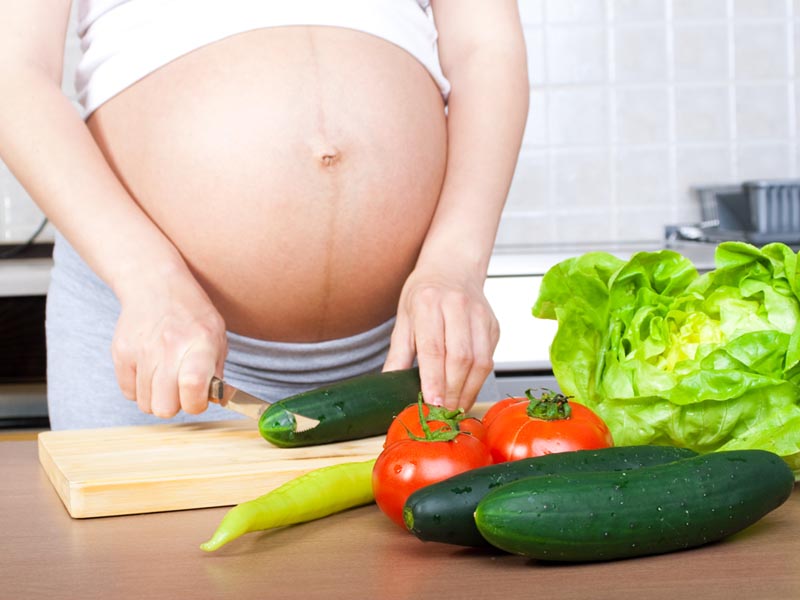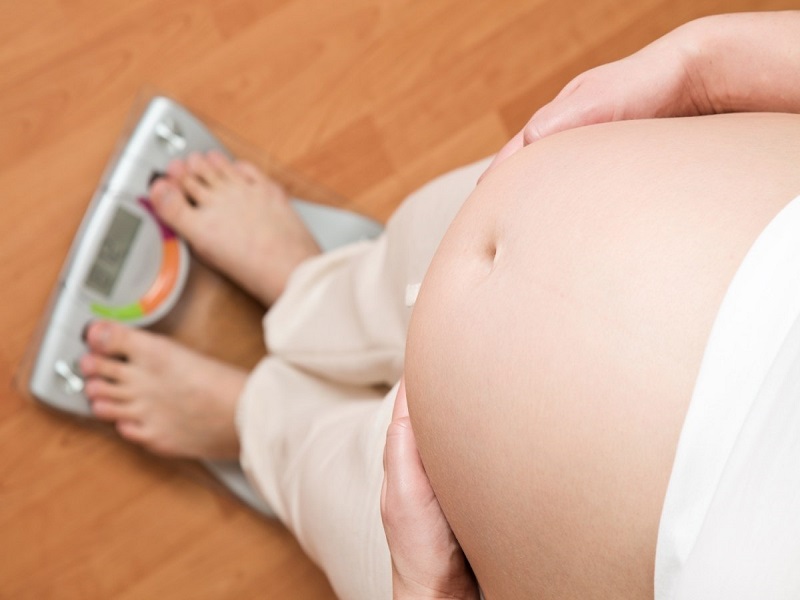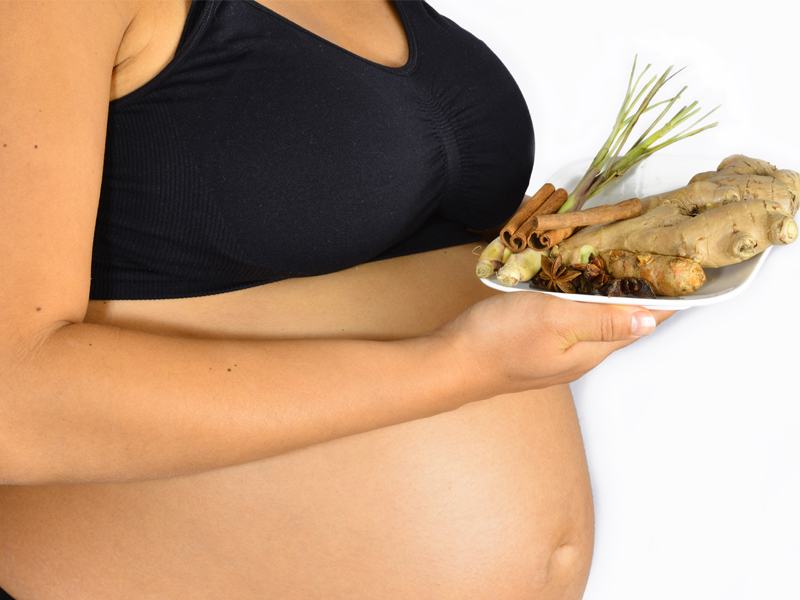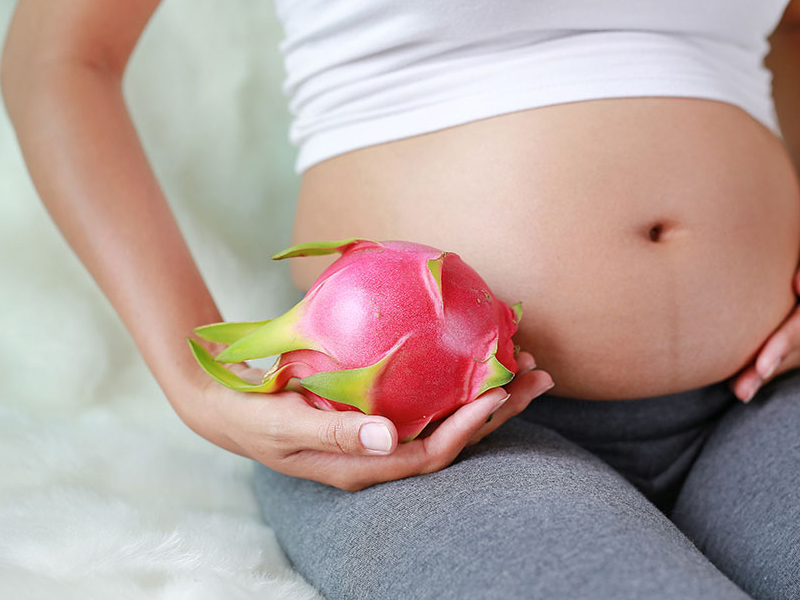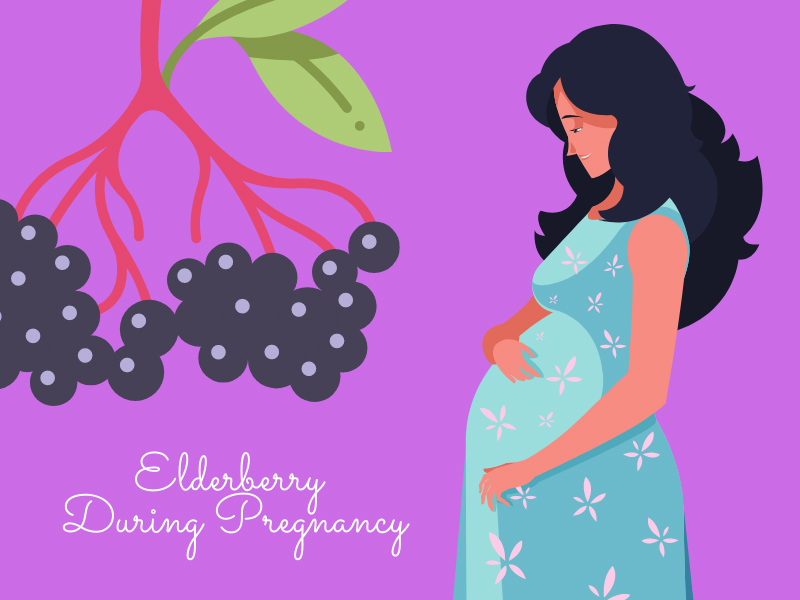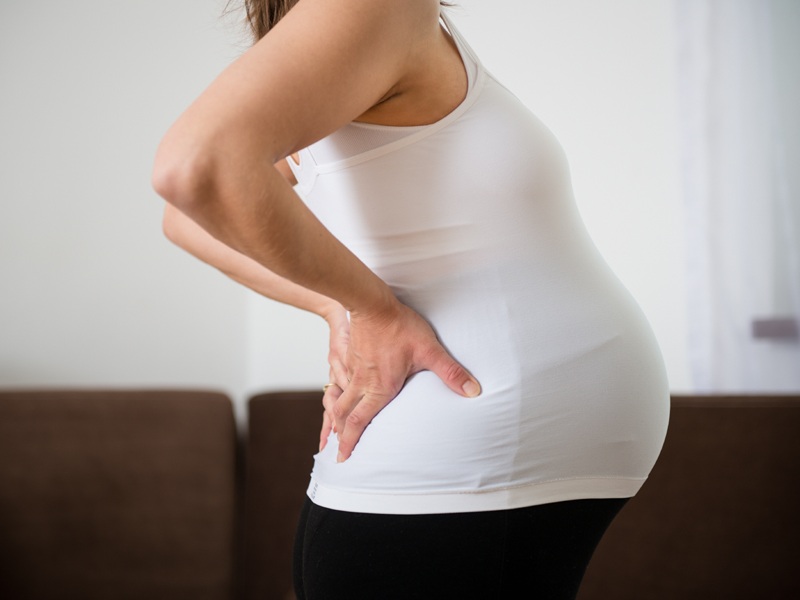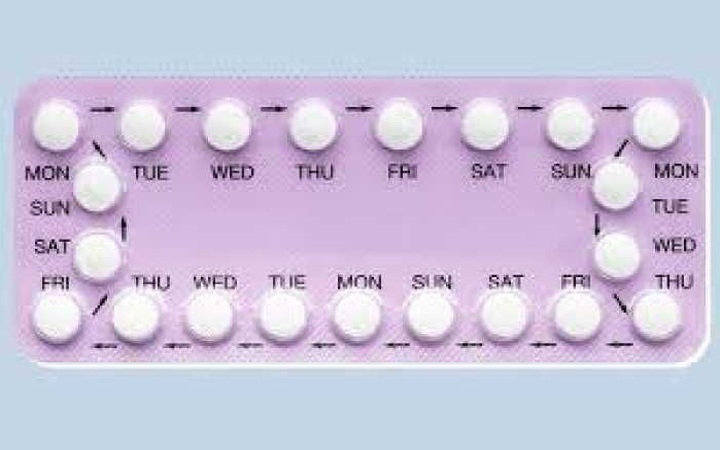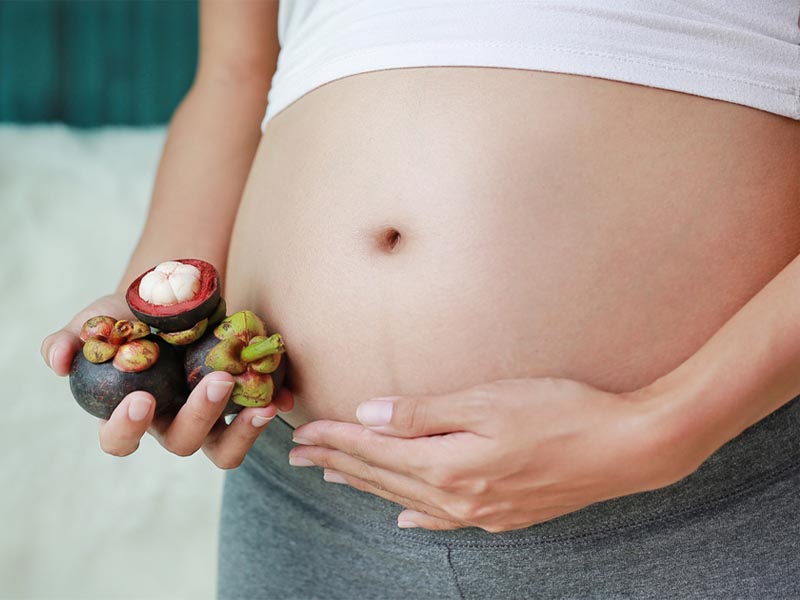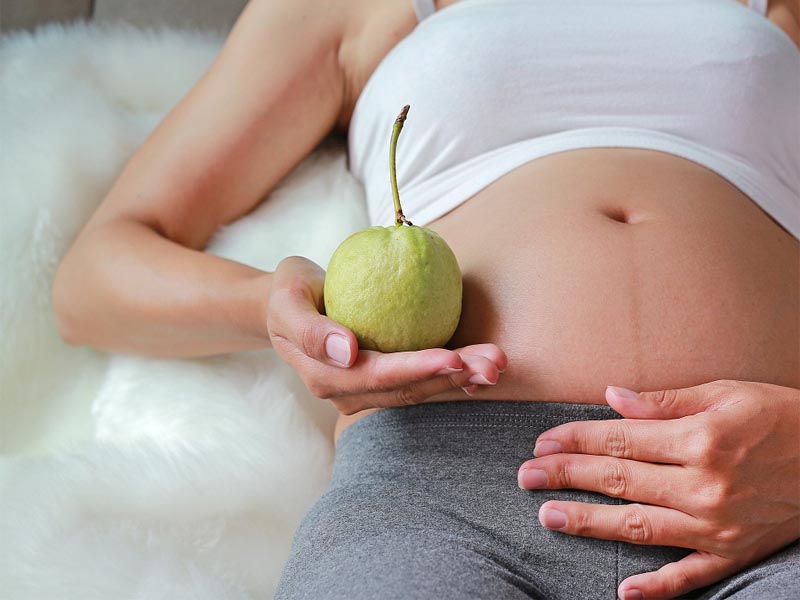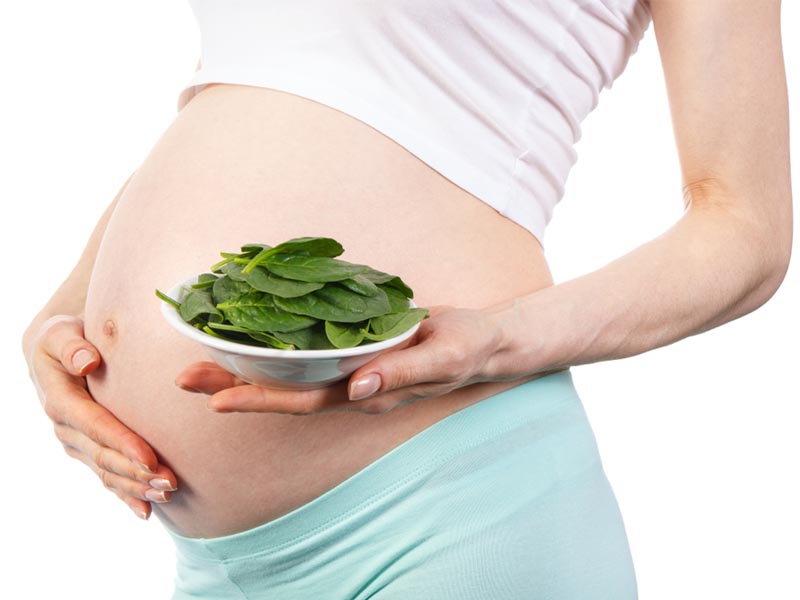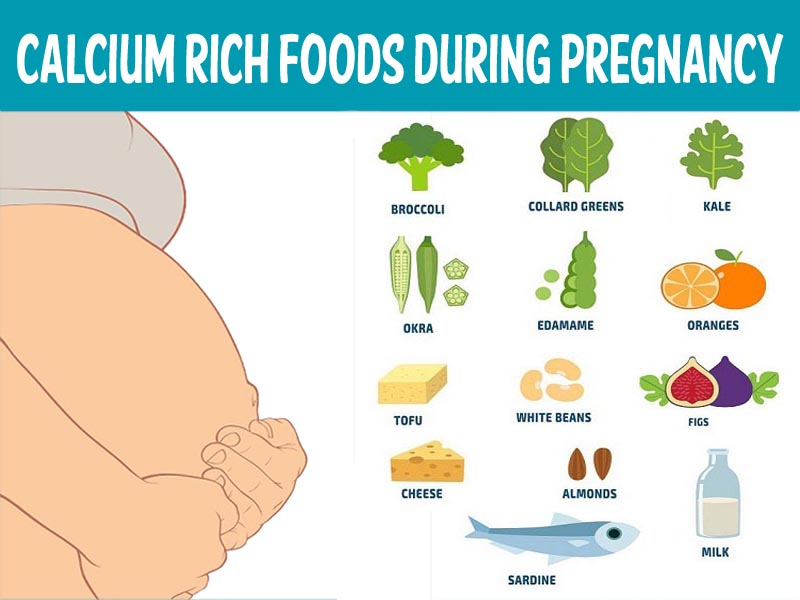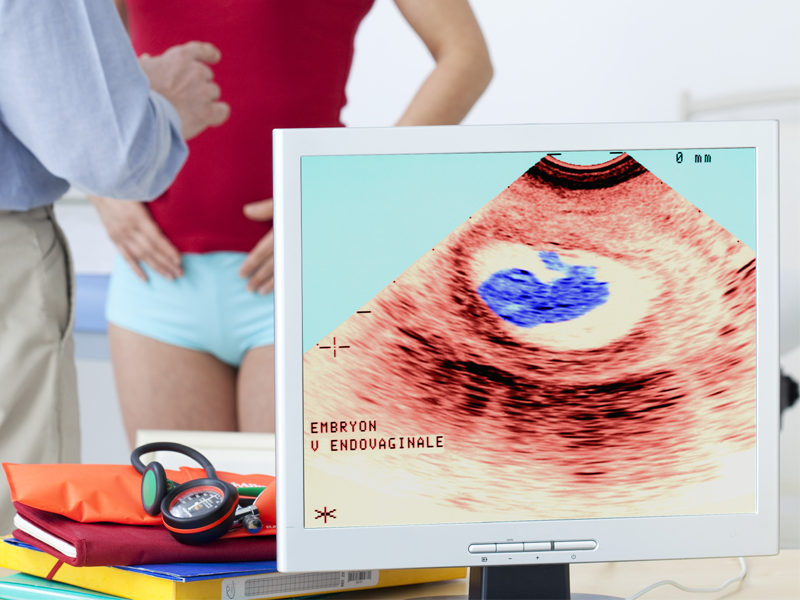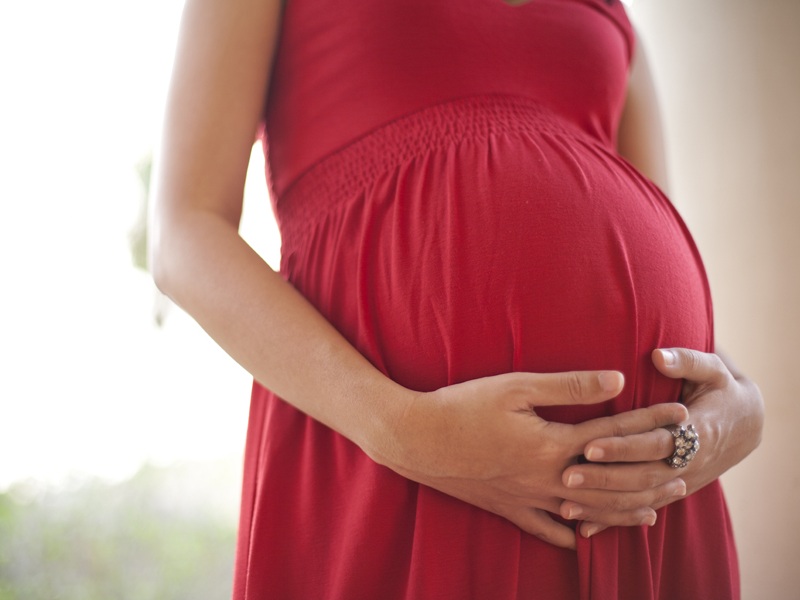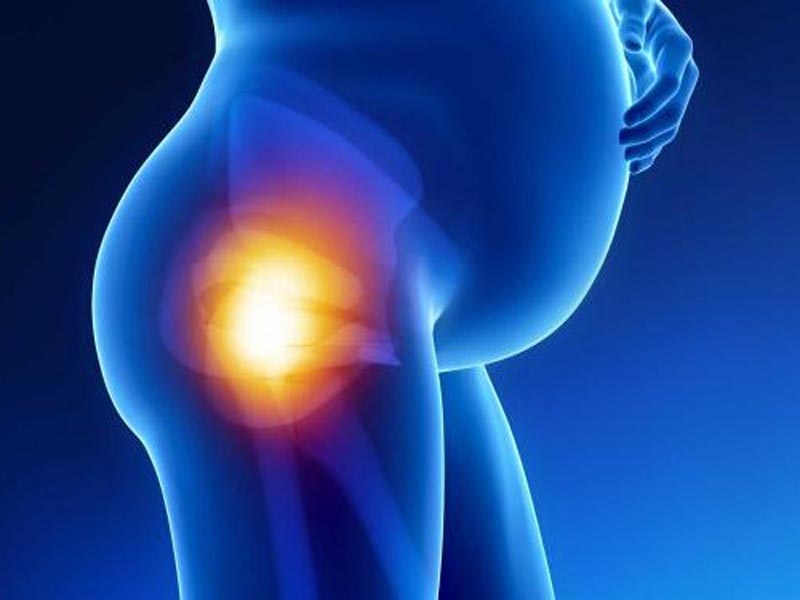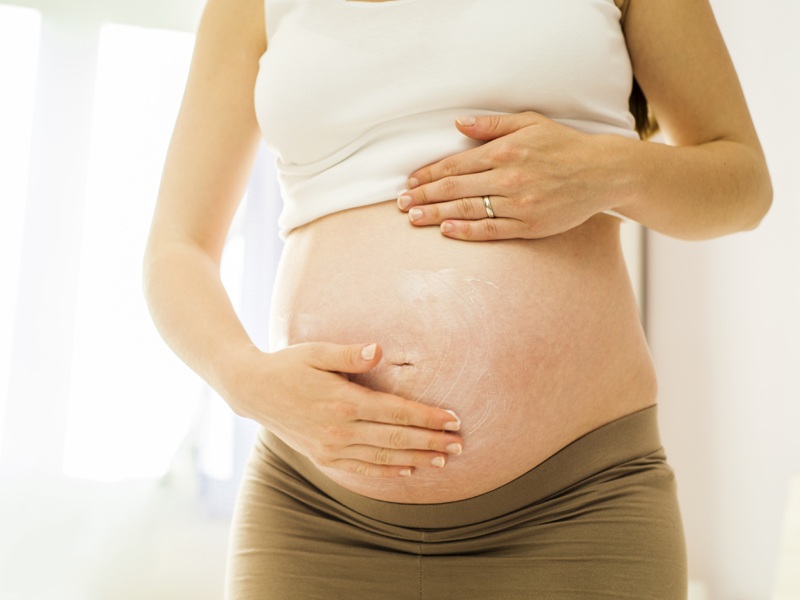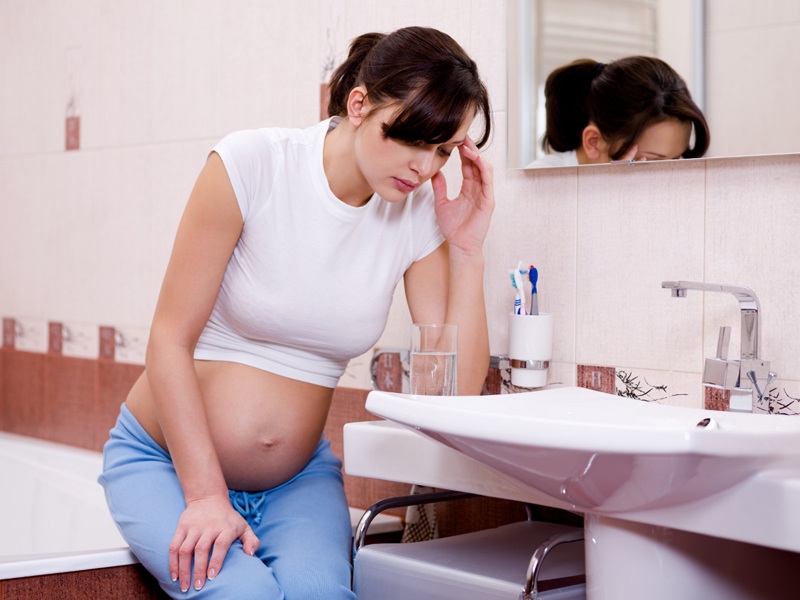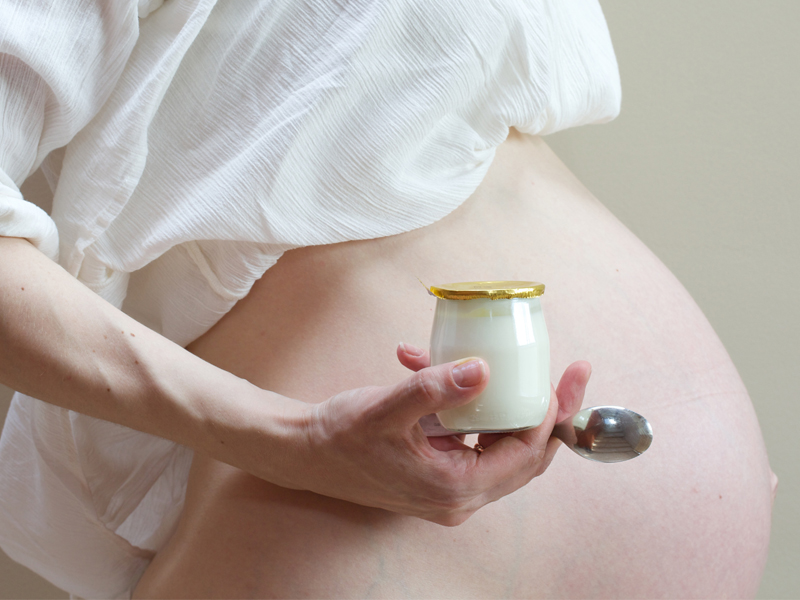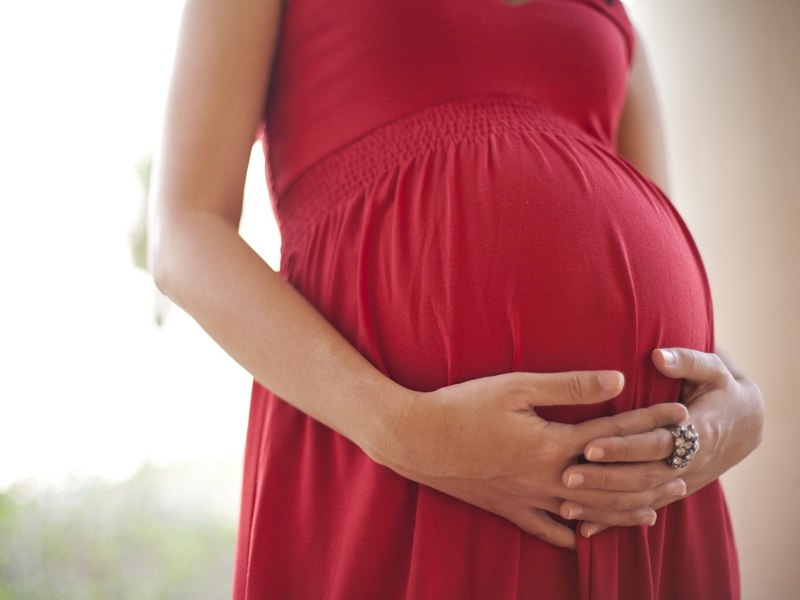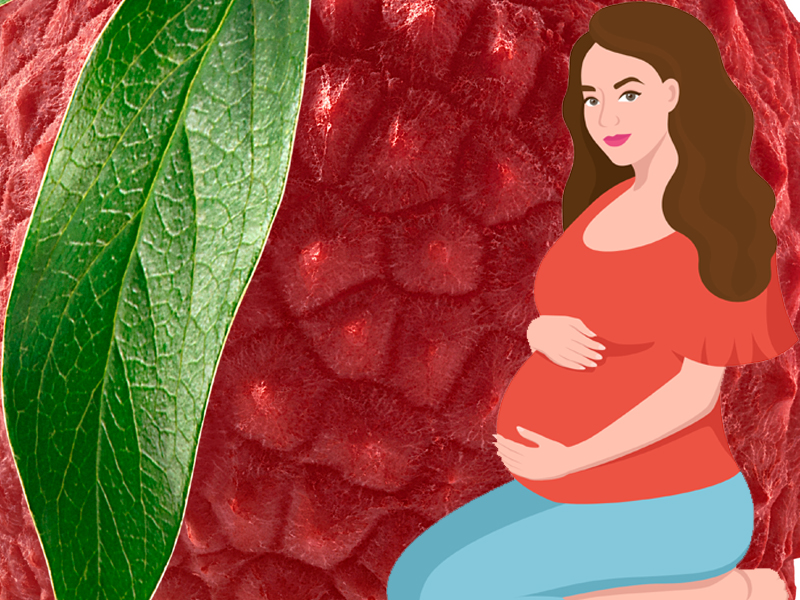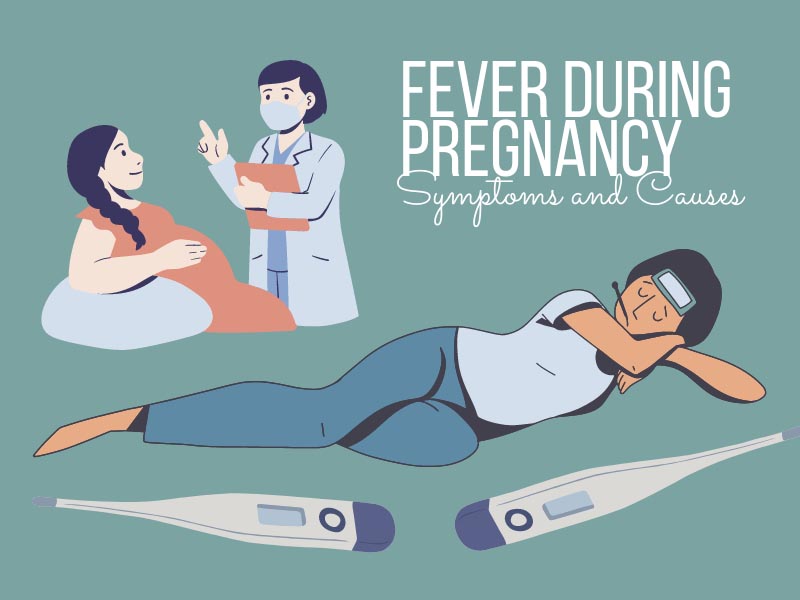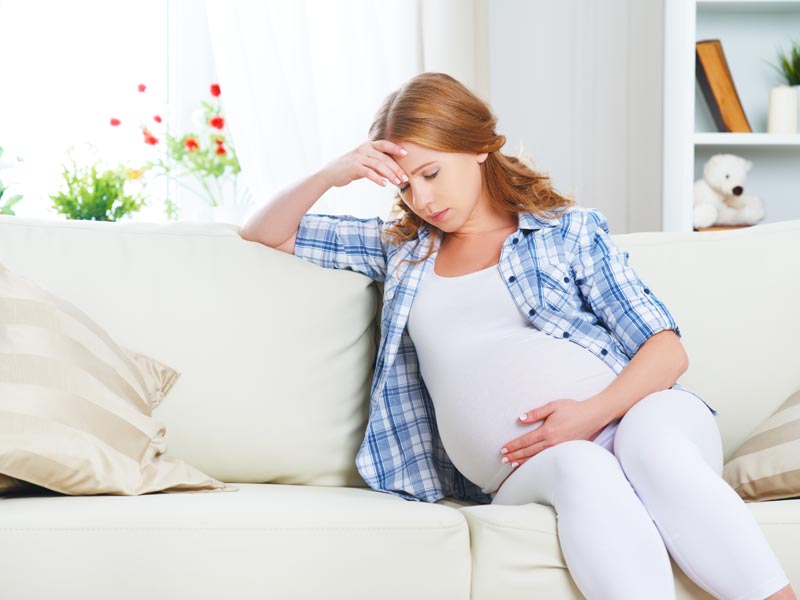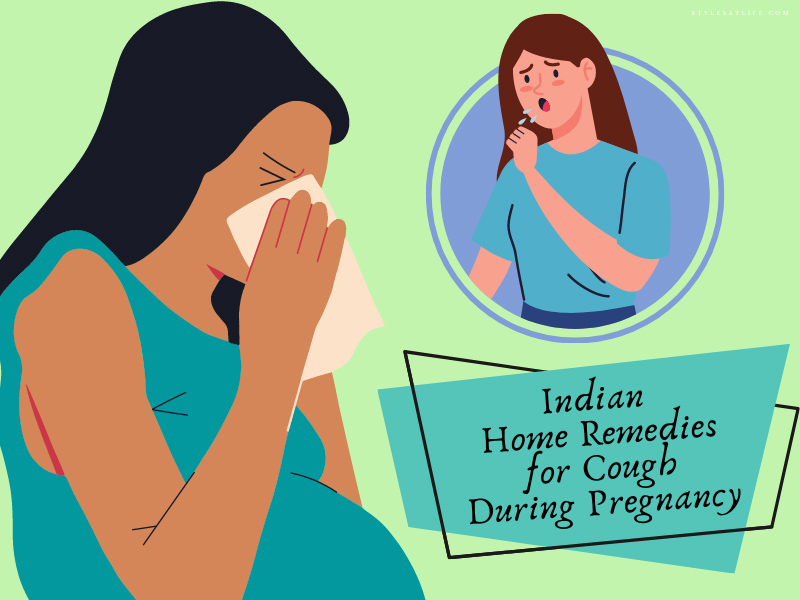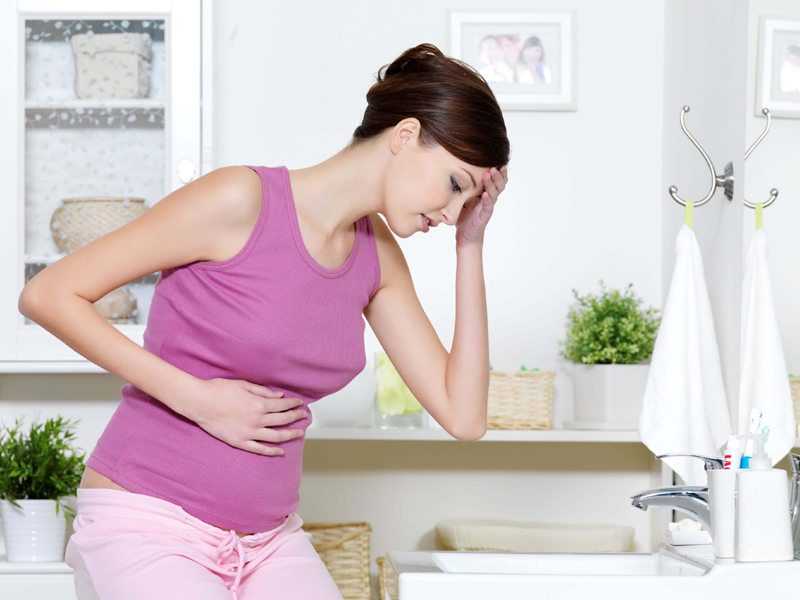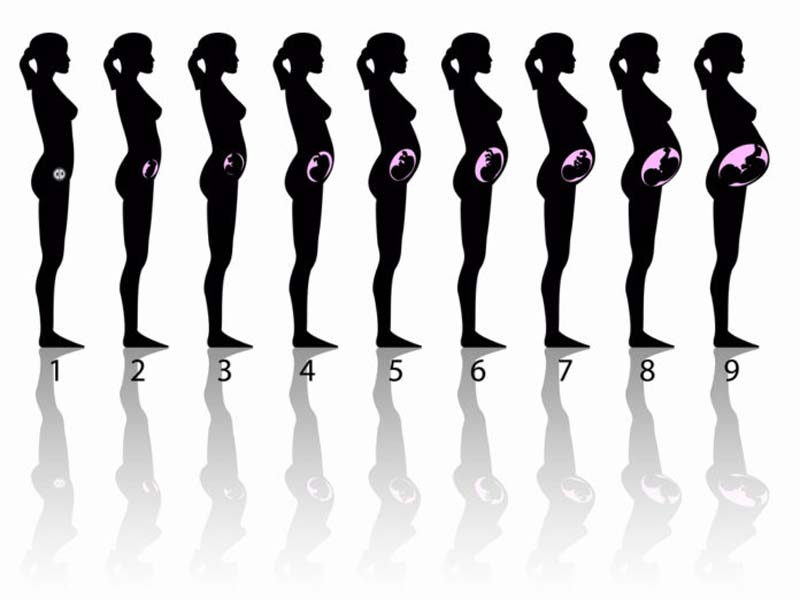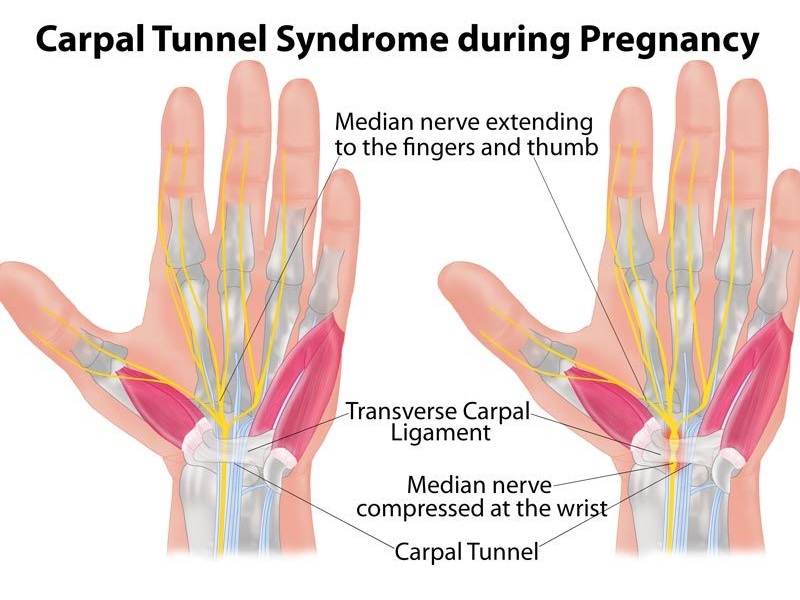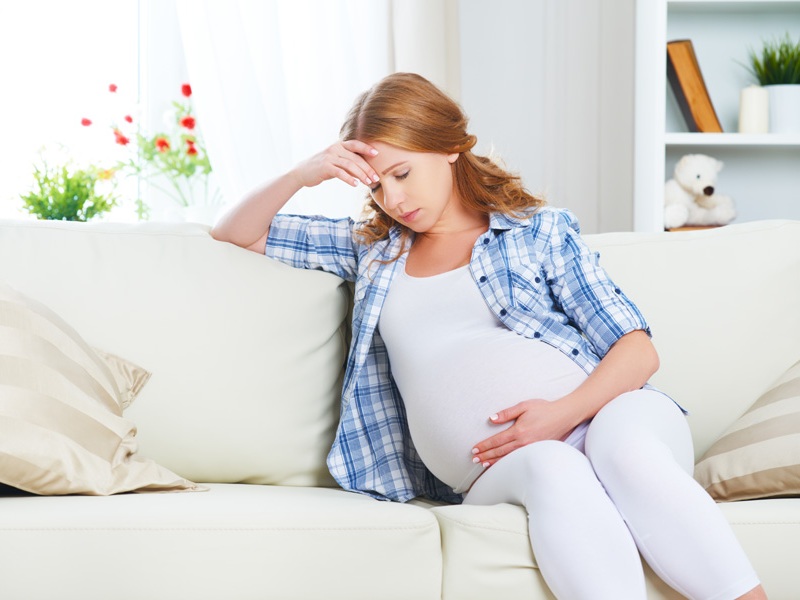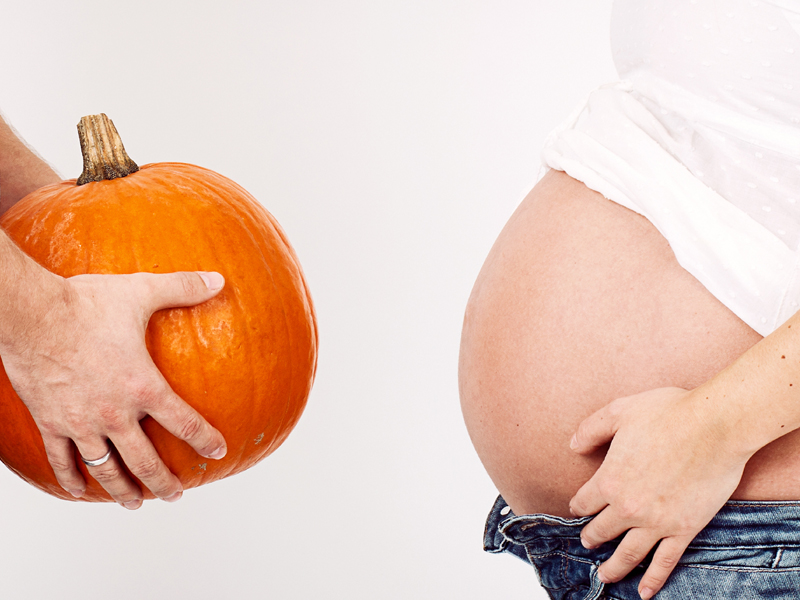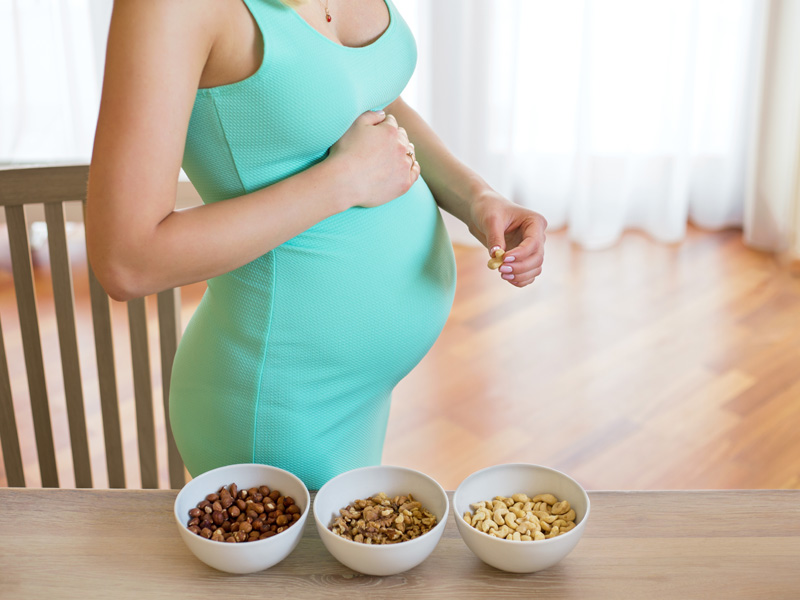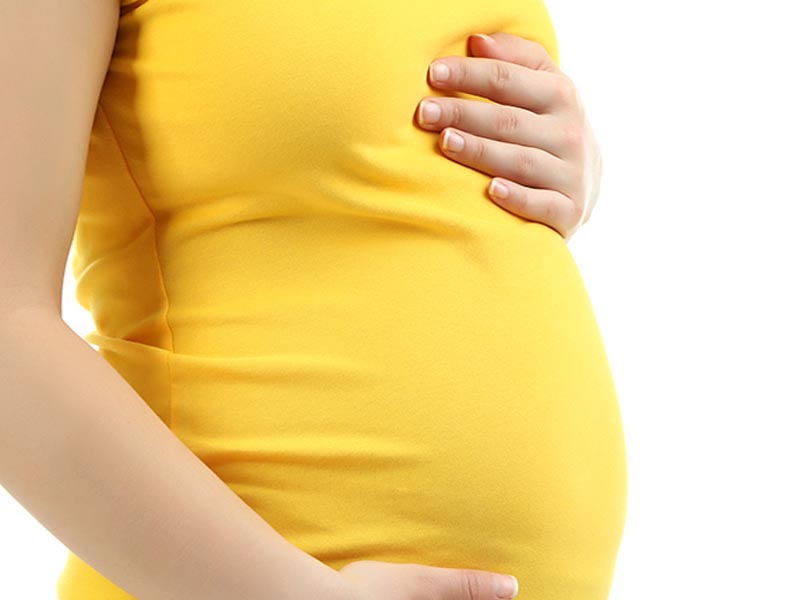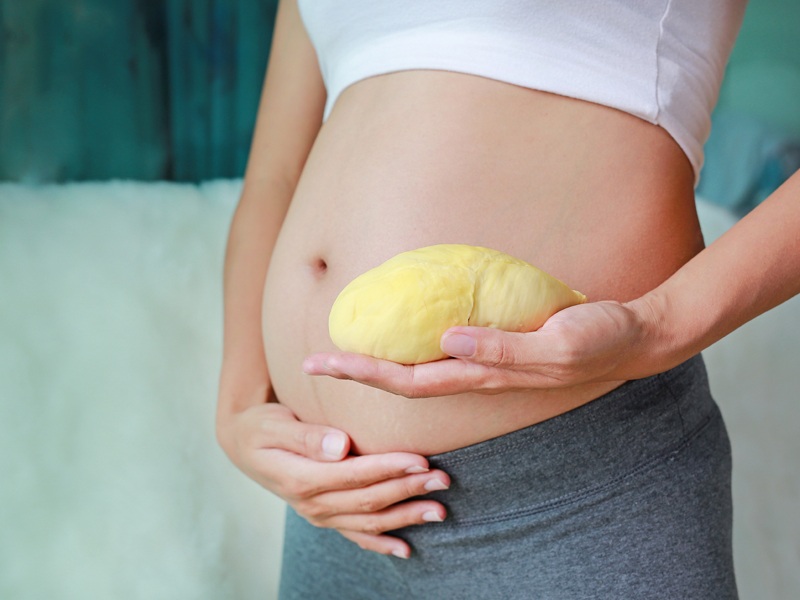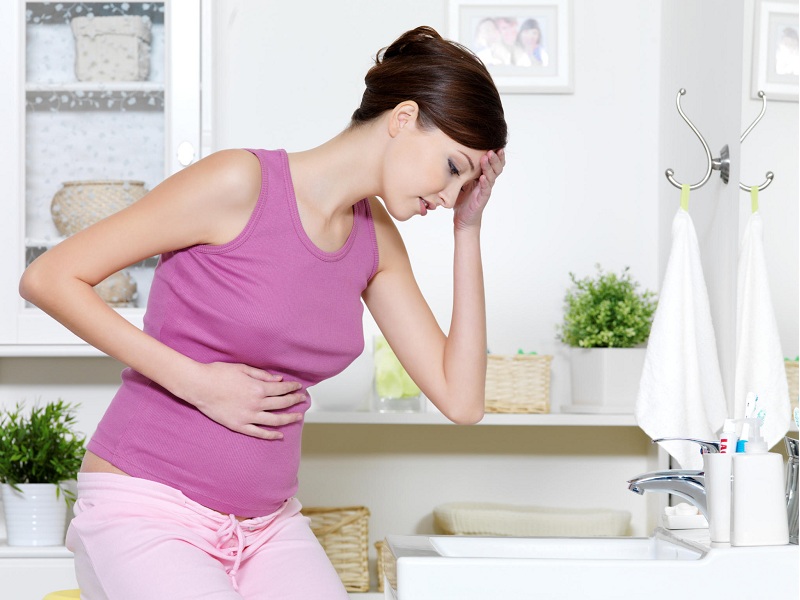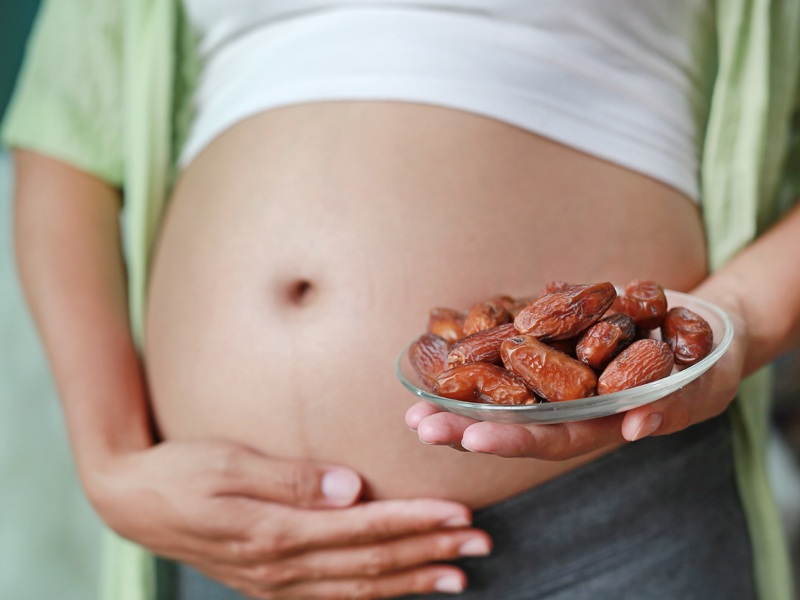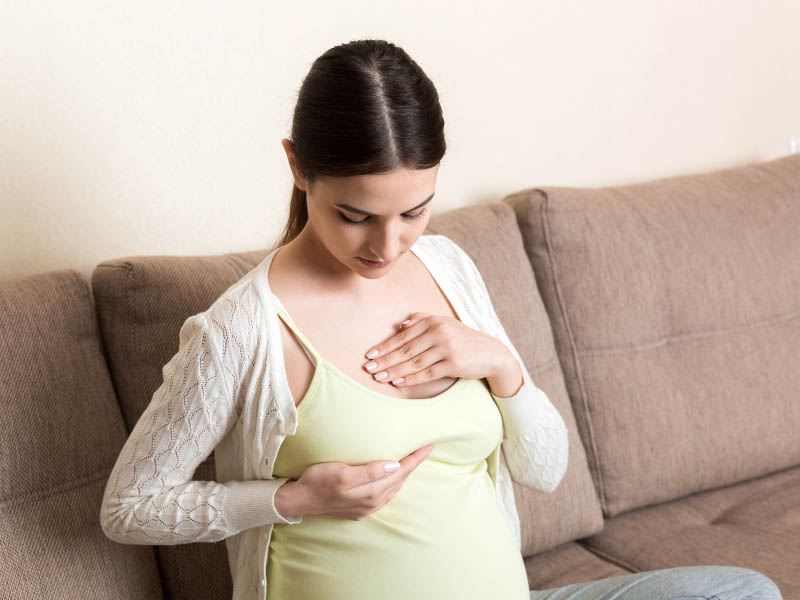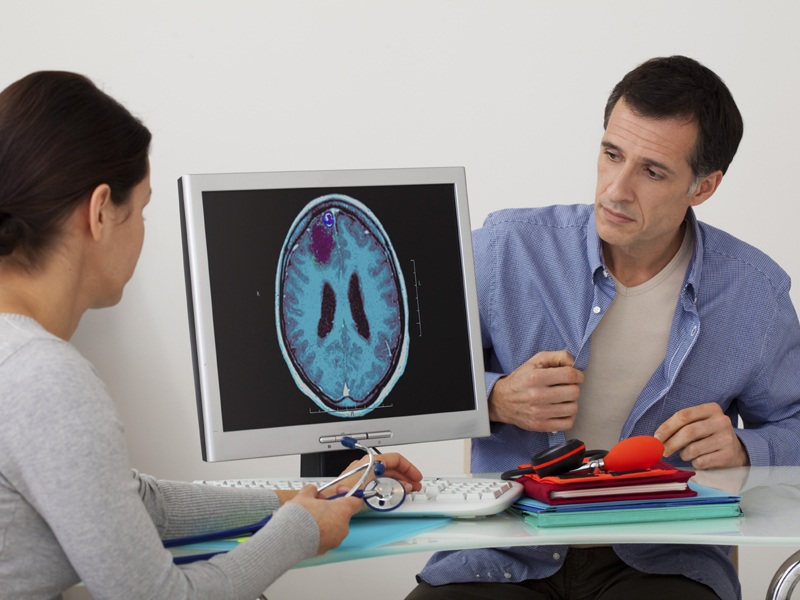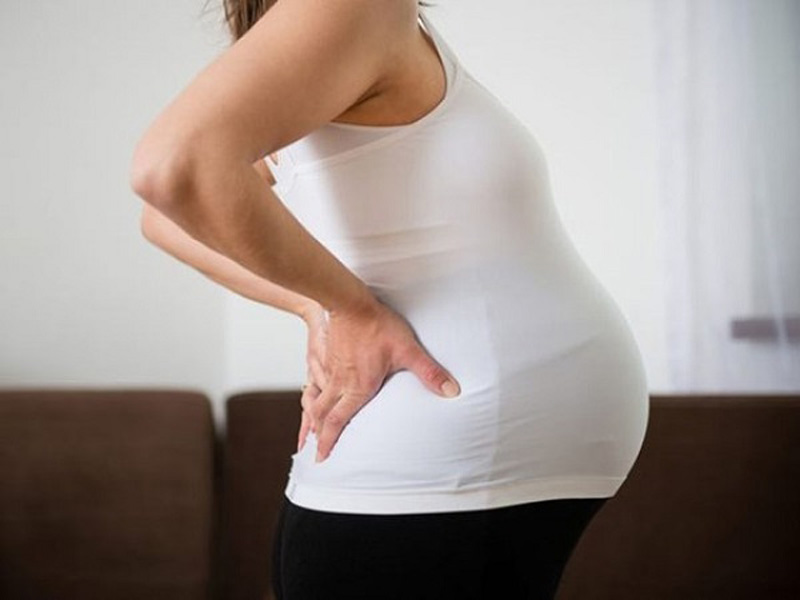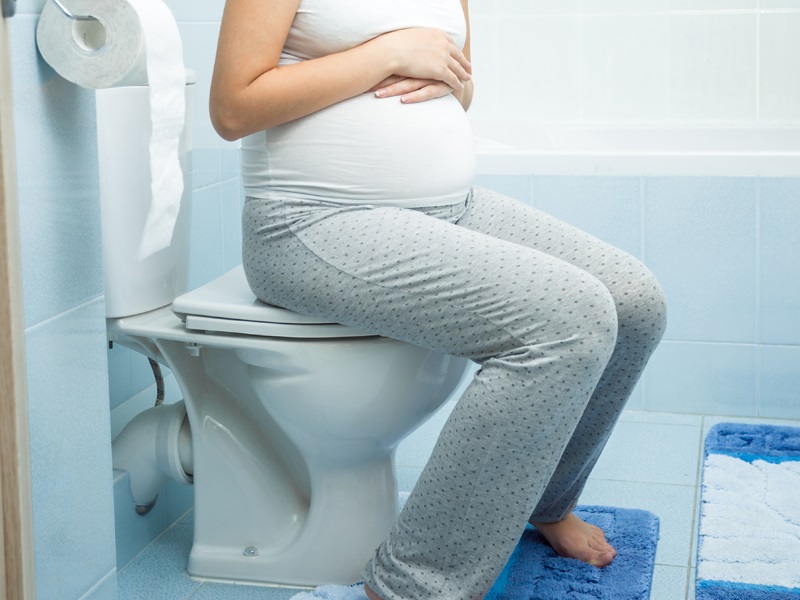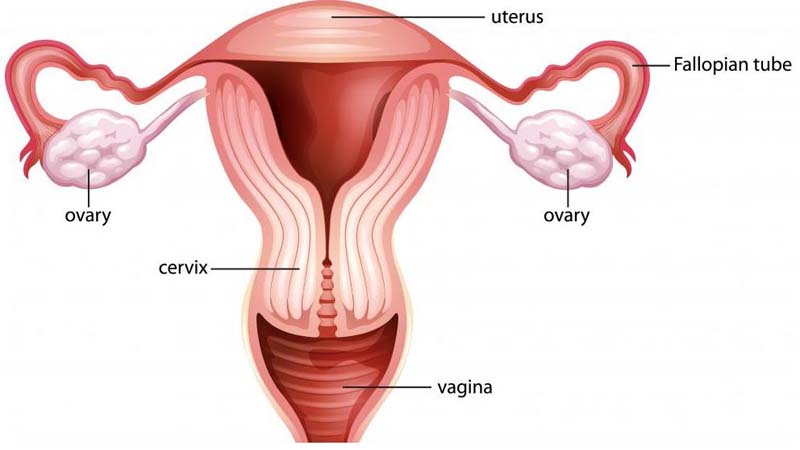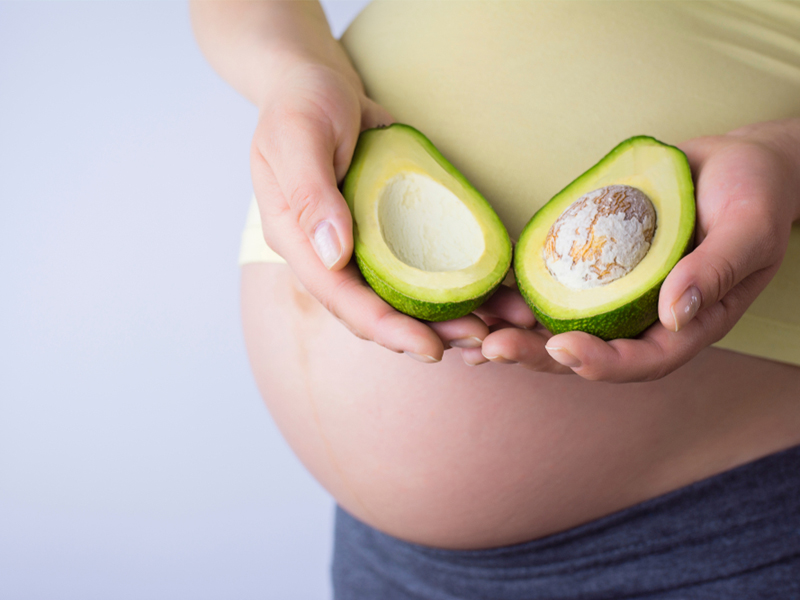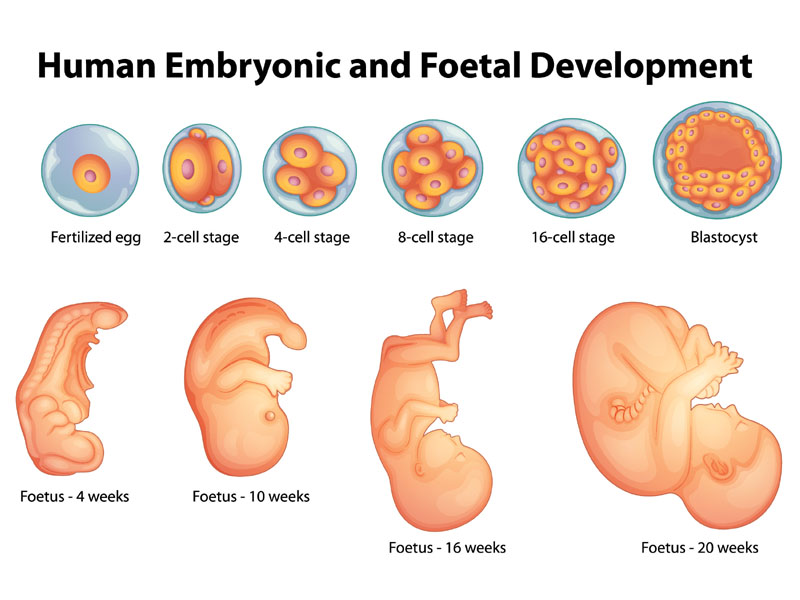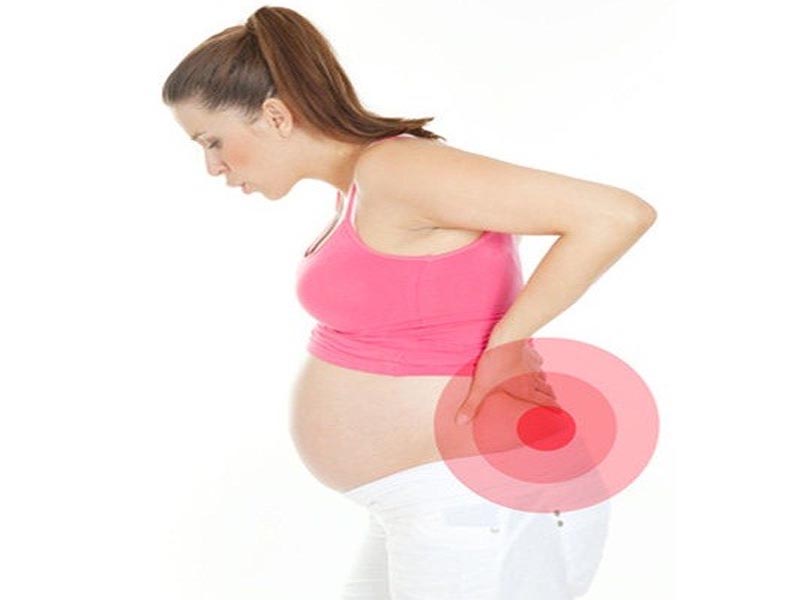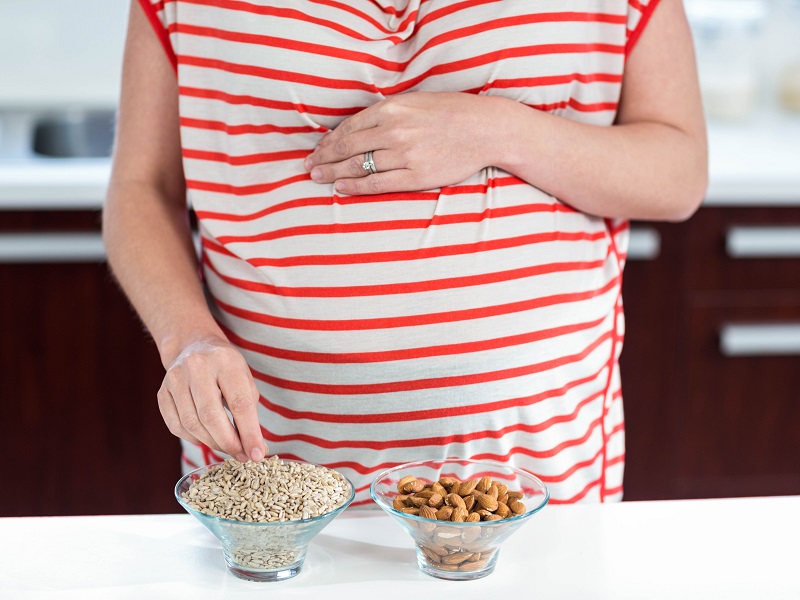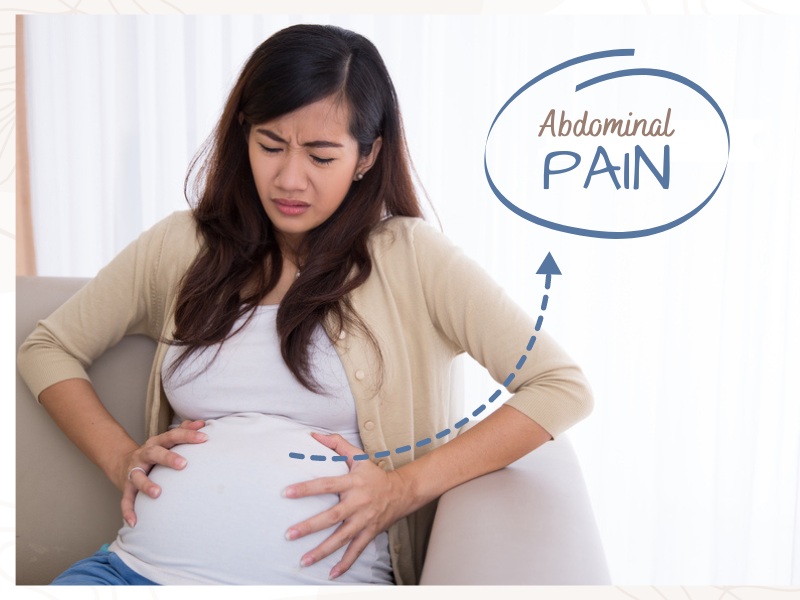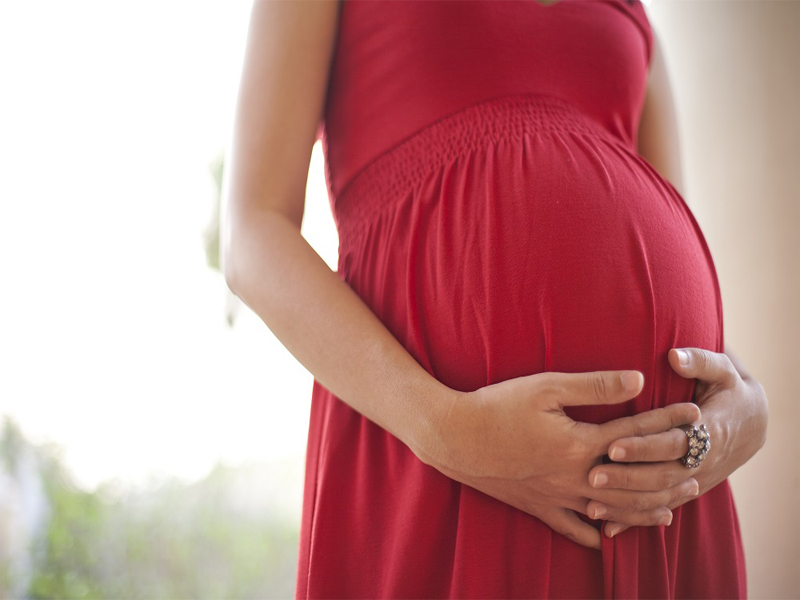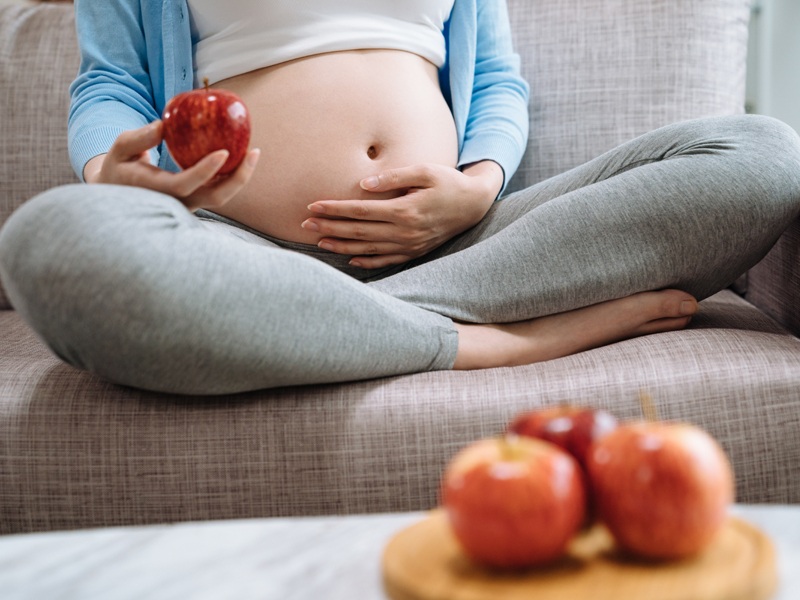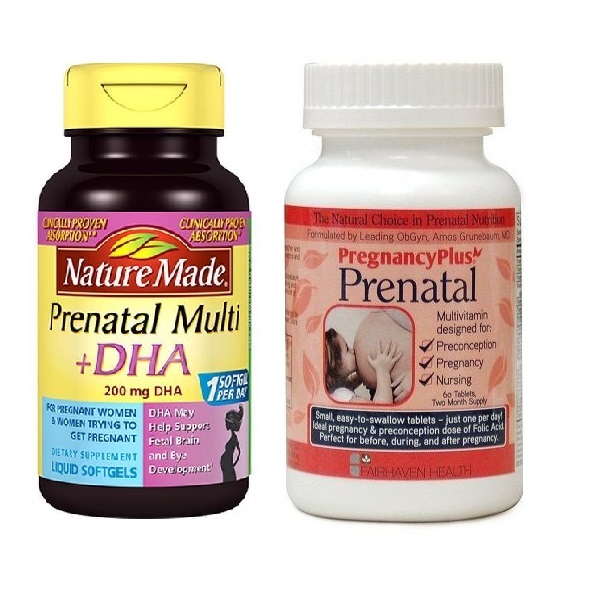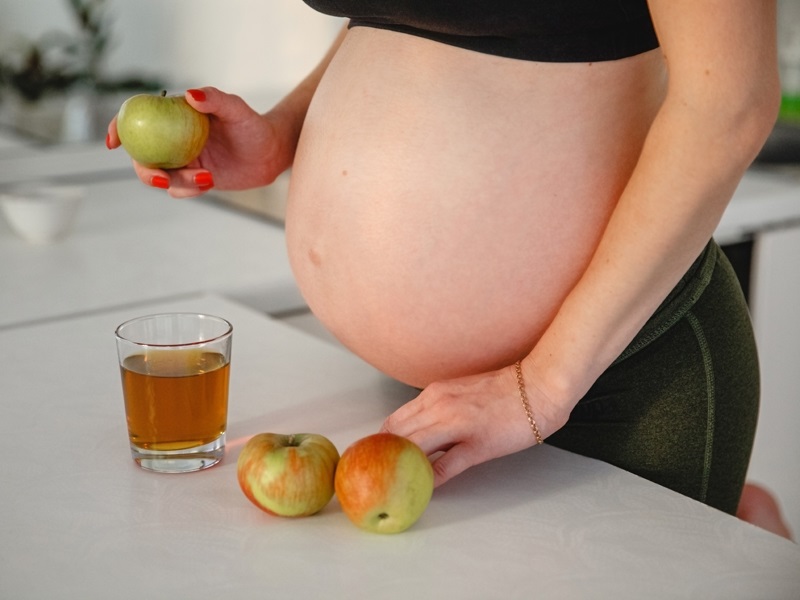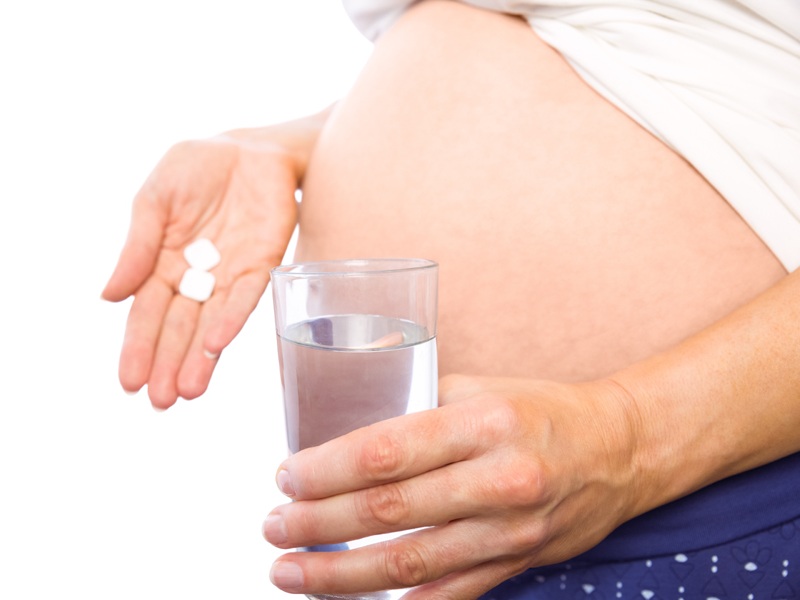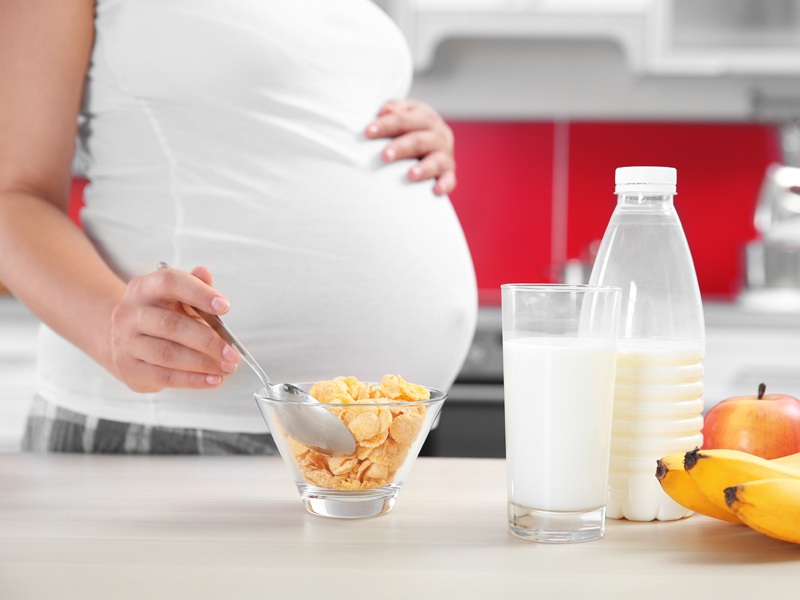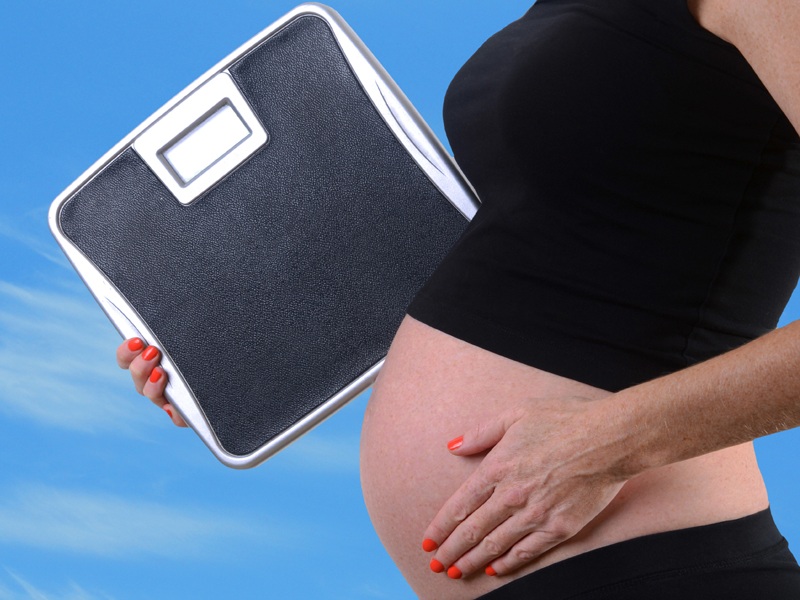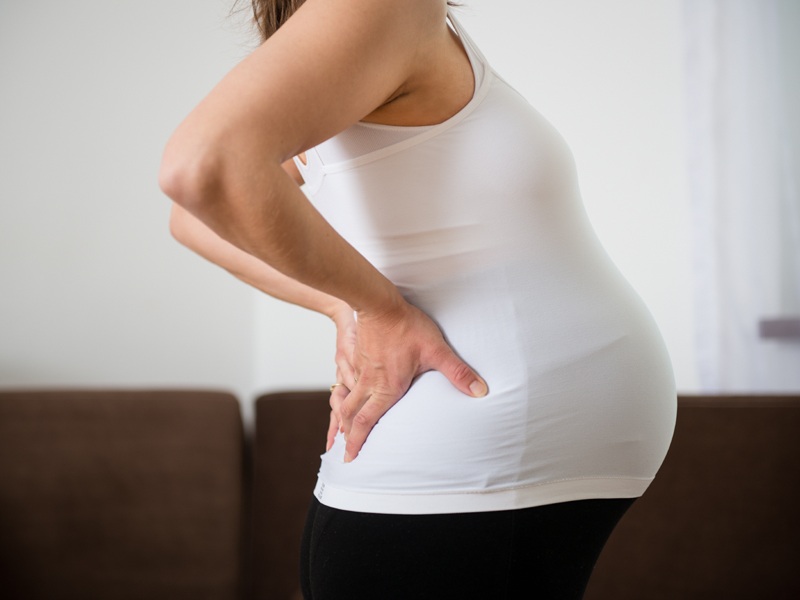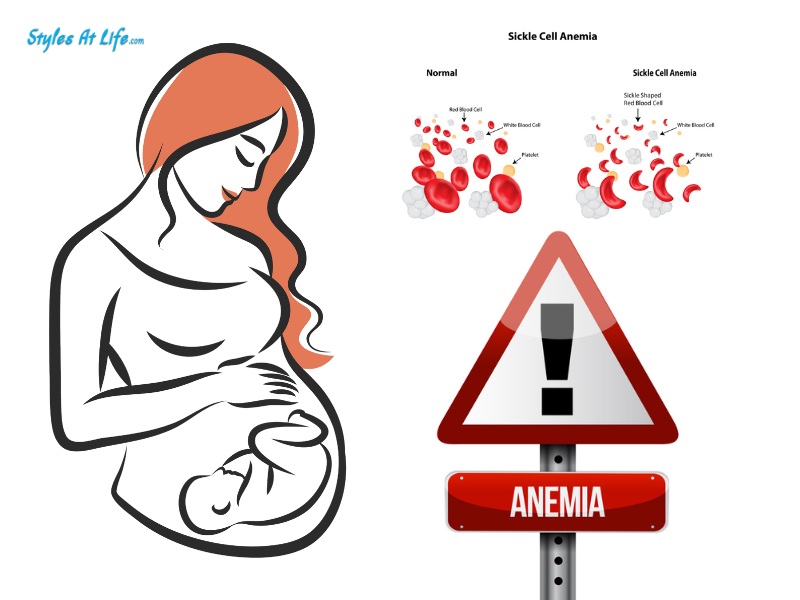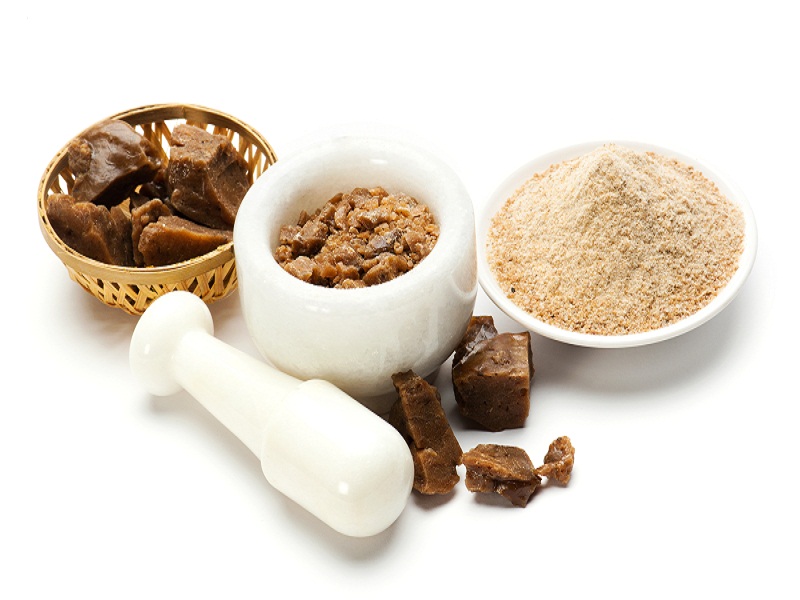Amidst the happiness of being pregnant and getting ready to welcome the baby, morning sickness in pregnancy is not the most beautiful or pleasant thing. Often, it comes with nausea, throwing up with vomiting and dizziness. If you assume this is a normal tendency to be ignored, accompanying all the expectant mothers, you are wrong! No illness does not have a cure, and this is the same.
Now treat the morning sickness during pregnancy quickly by yourself with our home remedies and natural tips. It is a natural process. However, it can be easily avoided and treated by yourself. Here is how!
What is Morning Sickness?
Morning sickness is quite a common scenario for pregnant women. It is said that most women in the first trimester experience this condition. Here, the expectant mother suffers from severe nausea, and vomiting sensation, including dizziness sometimes. While this hits mostly during the day, it can also repeat at any time of the night. This case does not affect the health of the mother and child in any manner.
Morning Sickness While Pregnant: Some Facts
More than 50 percent of women in the first trimester experience morning sickness. This is generally caused due to hormonal changes in your body and the time one’s body takes to adjust in this process. While this begins from the around fourth week of pregnancy, it can continue until the 12th week as well. By the 14th week of pregnancy, about half of the women feel complete relief from this uneasy period. For most though, it takes another month or so for the queasiness to ease up completely. A small percentage of women have symptoms of morning sickness in pregnancy that persist continually almost until the delivery. One does not need to fear this condition as it in no manner does any harm to the placenta and child.
Read More: Problems During Pregnancy
Causes of Morning Sickness in Pregnancy:
The reasons for morning sickness are not entirely clear. Doctors attribute the causes to a range of factors.
1. Estrogen Levels:
Most experts and health care professionals believe that morning sickness is caused due to higher levels of estrogen levels in expectant mothers. It can be several times higher than normal women, and hence the condition may be a result.
2. Progesterone Levels:
Higher concentrations and rising amounts of progesterone levels in pregnant women may also lead to morning sickness. This helps to relax the uterus and prevents early birth. It can cause excess stomach acids causing the condition.
3. Sense of Smell:
There may be an increase in the sensitivity to smell during pregnancy, which may cause morning sickness. Nausea can be triggered in this condition.
4. Hypoglycemia:
The placenta, if draining the energy from a pregnant woman’s body, can cause low blood sugar. This condition of hypoglycemia can also cause the disease.
5. HCG:
HCG, which means Human Chorionic Gonadotropin, may also be the cause. It is a hormone developing in the embryo when a woman conceives and hence can lead to morning sickness. There is a rapid rise in HCG during early pregnancy. Nausea tends to occur and peak around the same time as levels of HCG hike up. If the level of HCG is high in women, there is a higher possibility of nausea and vomiting. This could be the possible reason for morning sickness in pregnant women.
6. Sensitive Stomach:
The gastrointestinal tracts of some women might be more sensitive to the various changes that occur during pregnancy. According to different research and studies, the presence of the bacterium called Helicobacter pylori in the stomach causes nausea and vomiting in pregnant women.
Symptoms of Morning Sickness During Pregnancy:
The common signs which can be related to the condition of morning sickness are as follows,
- Nausea is a significant symptom that can be the case in this condition.
- Vomiting can accompany many women, along with nausea. Throwing up now and then may also be a situation for some women.
- Weight loss is also possible in a few cases, but not all of them. This is due to hormonal changes taking place in the body.
- Fatigue or tiredness is commonly observed, as well. The expectant mothers notice no energy to complete the task actively or stay vibrant.
- Excessive saliva may also be the case in a few women. Spitting many times is the result here.
- Dehydration is a result of morning sickness. It may also cause dizziness if one does not take a good quantity of water.
Read More: Nausea During Pregnancy
Treatment for Morning Sickness in Pregnancy:
The relief for pregnancy morning sickness can be through both easy-to-do natural remedies as well as a medical procedure, depending on the condition. Here are a few clues. Since every pregnancy phase is different, one must decide which is best suited to them with the help of their medical health care provider.
Home Remedies for Morning Sickness in Pregnancy:
A few easy-to-do natural remedies and methods to follow during this phase include,
1. Rest:
Get plenty of rest as the body can be tired due to the nausea sensation. Fatigue is a common symptom of this sickness.
2. Avoid Uncomfortable Smells:
Do not smell and go near to the substances or foods which make you uncomfortable. They can make you further sick.
3. Eat Small and Frequent Healthy Meals:
Do not eat junk. Avoid processed food. Have balanced healthy meals in small quantities. Do not binge eat. Keep high-carbohydrate food with you now.
4. Stay Hydrated:
Always drink a lot of water, and stay hydrated. Keep sipping fluids in between your regular activities.
5. Try Ginger:
Ginger is known to be a natural cure for morning sickness during pregnancy. Instead of medicines and ginger supplements, have hot ginger tea or similar foods.
6. Acupressure:
Several experts note that acupressure techniques can reduce morning sickness. Putting pressure near the wrist through a special band can relieve the symptoms.
7. Medicines for Morning Sickness in Pregnancy:
If you have a severe issue of morning sickness, consult a doctor for the best medical health. Never take medications by yourself. Most doctors may suggest pills like antihistamines, antacids or metoclopramide to relieve the symptoms. Other alternatives could include Vitamin B6 supplements, ginger supplements, and hypnosis. But do not take these drugs or pills without discretion from your health care provider.
Concerns Regarding Morning Sickness in Pregnancy:
Some women may tend to feel more victimized by morning sickness than others. This could be due to a lot of reasons,
- If you are pregnant with twins or multiple babies, there is an increased release of hormones like HCG, estrogen, etc.
- You are more like to feel nauseous if you did so in your previous pregnancies.
- If you have had issues with motion sickness in your regular life, you can feel more nauseous.
- Your body reacted abnormally with birth control pills.
- If you have migraines and other similar illnesses, then the magnitude of morning sickness increases.
Sickness and nausea are common problems associated with pregnancy. A lot of women are worried as to if this could affect their unborn baby. Moderate nausea and occasional vomiting are some of the well associated with morning sickness, and these will not threaten the well-being of your baby. However heavy and prolonged vomiting may lead to a high risk of unborn baby birth which sometimes causes the low weight of the baby at the time of delivery according to gestational age.
Tips to Avoid Morning Sickness:
Mentioned below are some of the morning sickness remedies during pregnancy and how to get relief from them quickly,
- You have to divide your day into six to seven small and frequent meals or snacks per day that could keep your stomach never empty. Eat protein-rich food. Eat slowly to effect proper chewing and digestion.
- Avoid lying down after eating as this can slow digestion.
- Get up slowly in the morning. Sit on the bed for a few minutes rather than jumping right up.
- Avoid foods and smells that trigger your nausea.
- Eat foodstuff that is not too hot. Eat cold or at room temperature, because food tends to have a stronger aroma when it’s hot.
- Avoid fatty foods as they take longer to digest.
- ‘Avoid spicy, acidic, and fried foods, which can irritate and upset your digestive system.
- Brush your teeth and rinse out your mouth properly after eating meals.
- Have lots of fluids to stay hydrated.
- Get fresh air by going for a walk. You may keep an open window to ease your nausea.
- Nausea can become worse if you’re tired. Give yourself time to relax and take frequent naps.
- Try taking your prenatal vitamins with food or just before going to bed. It is advisable to take a prenatal vitamin that contains low or no dose of iron, at least for the first trimester, as it might affect your digestive system.
Also Read: Vomiting Sensation in Pregnancy
What is Hyperemesis Gravidarum: Condition of Severe Sickness
The condition of hyperemesis gravidarum is a condition of severe morning sickness. This has symptoms of severe nausea, continuous vomiting, and worrisome weight loss and also may include electrolyte disturbance. Besides good rest and hydration, the doctor may prescribe medicines to treat this condition. In very few situations the mother needs to be admitted to the hospital to receive fluids and nutrition.
Do consult the doctor if you are suffering from such symptoms. Do take medication only after a thorough consultation. It may not harm the baby if the right treatment and medication are taken at the proper time by the healthcare provider.
Morning sickness during pregnancy is an inevitable effect for most of the women. This does no harm to the baby or mother and can be treated easily with natural home remedies and tips. Do try these out and tell us your experiences! Beat the sickness in the right manner, and you will surely fly in colour at this phase!
We strictly advise against taking any medication by yourself without consultation from the health care provider. Do talk to your doctor about the best treatment options.
Frequently Asked Questions and Answers:
Q1. Is it bad to not have morning sickness while pregnant?
Ans: You do not need to worry if you are pregnant with no morning sickness. In very few cases, morning sickness is not due to lower hormone levels which can have a risk of miscarriage, but not all the time. You can always have a regular check-up with your doctor for the best advice and conditions. The morning sickness is generally the case in early pregnancy only than in a second or late pregnancy.
Q2. Is morning sickness harmful to my baby?
Ans: The morning sickness can be mostly observed in the early pregnancy stage in the first trimester, then in the later stages. It is a sign of being pregnant and in no way will harm the baby. But, if you have a severe condition, you can consult a doctor for medications.
Q3. When to consult a doctor about morning sickness during pregnancy?
Ans: Do report the case of heavy morning sickness with bad vomiting in pregnancy to the doctor. Do not skip to consult your health care provider if you have adverse and substantial symptoms.












